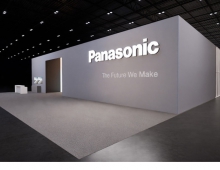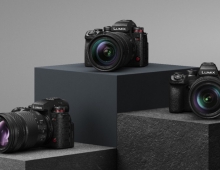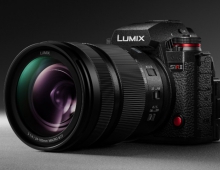
Panasonic to License Out Printing OLED Making Process
Panasonic has partnered an affiliate of Japan Display Inc to license out a low-cost organic light-emitting diode (OLED) panel-making process, a possible alternative to the conventional method.
JOLED Inc is in talks with several global panel producers to license its printing process for OLED panels, where organic color materials are deposited onto glass substrates in a way similar to ink-jet printing.
The method can produce OLED screens 20 percent to 30 percent cheaper than the current evaporation process as it does not need equipment such as vacuum chambers or metal masks to deposit the color materials, according to JOLED.
Panasonic will design and develop printing equipment, while a unit of panel and chip making equipment manufacturer Screen Holdings Co Ltd will be responsible for actual production of the equipment and maintenance.
JOLED, created in 2015 by merging the OLED divisions of Panasonic and Sony, also plans to start mass production of smaller panels on its own in 2020.
To finance the production plan, JOLED raised 47 billion yen ($425 million) in June from the sale of new shares to auto parts maker Denso and three other Japanese firms, JOLED said separately on Thursday.
Smartphone makers have been shifting to OLED, with Apple adopting them for its latest iPhone X, as OLED screens are generally thinner and can show more vivid colors than liquid crystal display (LCD) panels.
South Korea's Samsung Electronics and LG Display have currently the lead in the OLED manufacturing market.





















